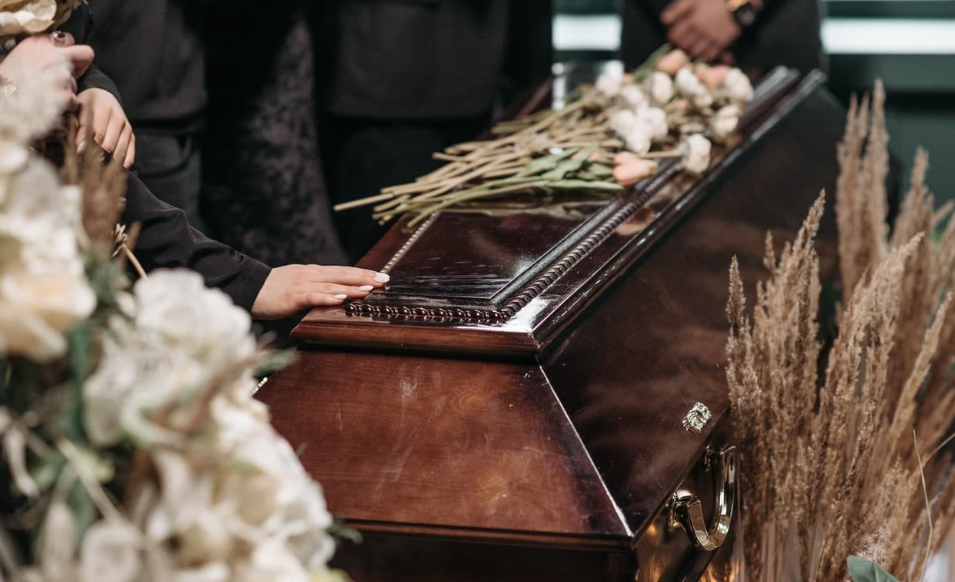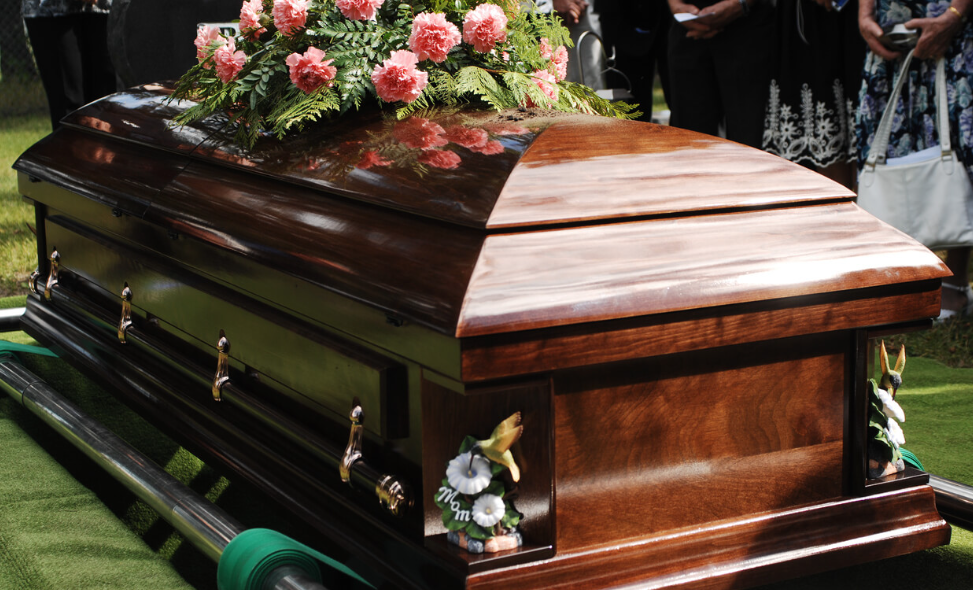Traditional burial services refer to funeral types where mourners would transport a dead body in a hearse to the venue for viewing before interment. Similarly, such a service would involve the transportation of a dead person’s remains in an urn before burial after the service. However, these services differ from modern burial services.
Top Characteristics of All Traditional Funeral Services
A Christian traditional funeral service has particular components such as:
-
Body viewing
A traditional burial must involve a corpse-seeing section for all the mourners to pay their respect to the departed. In most cases, this happens at the start of the burial service or before the clergyman preaches to the mourners.
-
Delivery of the body to the funeral venue
The funeral organizers must liaise with the funeral home to deliver the corpse to the venue for the service. Usually, the mortuary includes the fuel cost in the final mortuary fee. Ordinarily, the staff must transport the deceased’s body before the funeral service begins.
-
Short speeches
The funeral program must include a speech by close relatives and village dignitaries, such as the chief. All traditional funeral services allow the bereaved family to pay tribute to their fallen relatives.
-
Eulogy reading
A traditional burial service is incomplete unless a close relative takes the mourner through the dead’s life history. Ordinarily, it must include the date of birth, marriage, and education history.

-
Burying of the corpse
The final part of the service involves the interment of the remains on a prepared grave. Traditionally, many people would rest their dead loved ones on family land. However, in some rare cases, others would rest them on a public grave closest to them.
-
Prayers and singing hymns
The singing team would lead popular hymns shortly after the burial service kicks-off as the mourners sing along. After that, a religious leader such as a pastor or a priest would conduct a long prayer.
-
Rituals
A non-religious traditional funeral service would involve performing rituals to appease the dead. Some people believed that this part of the burial ceremony would send away evil spirits.
Traditional burial organizers would prepare the grave 1-2 days before the set burial day.
Final Thoughts
Everyone knows that it is utterly painful to lose a close relative or a friend. However, the easiest way to ease the sorrow is to accord them a befitting send-off. Psychologists advise people to pay tribute by conducting traditional burial services with the help of funeral organizing teams.
